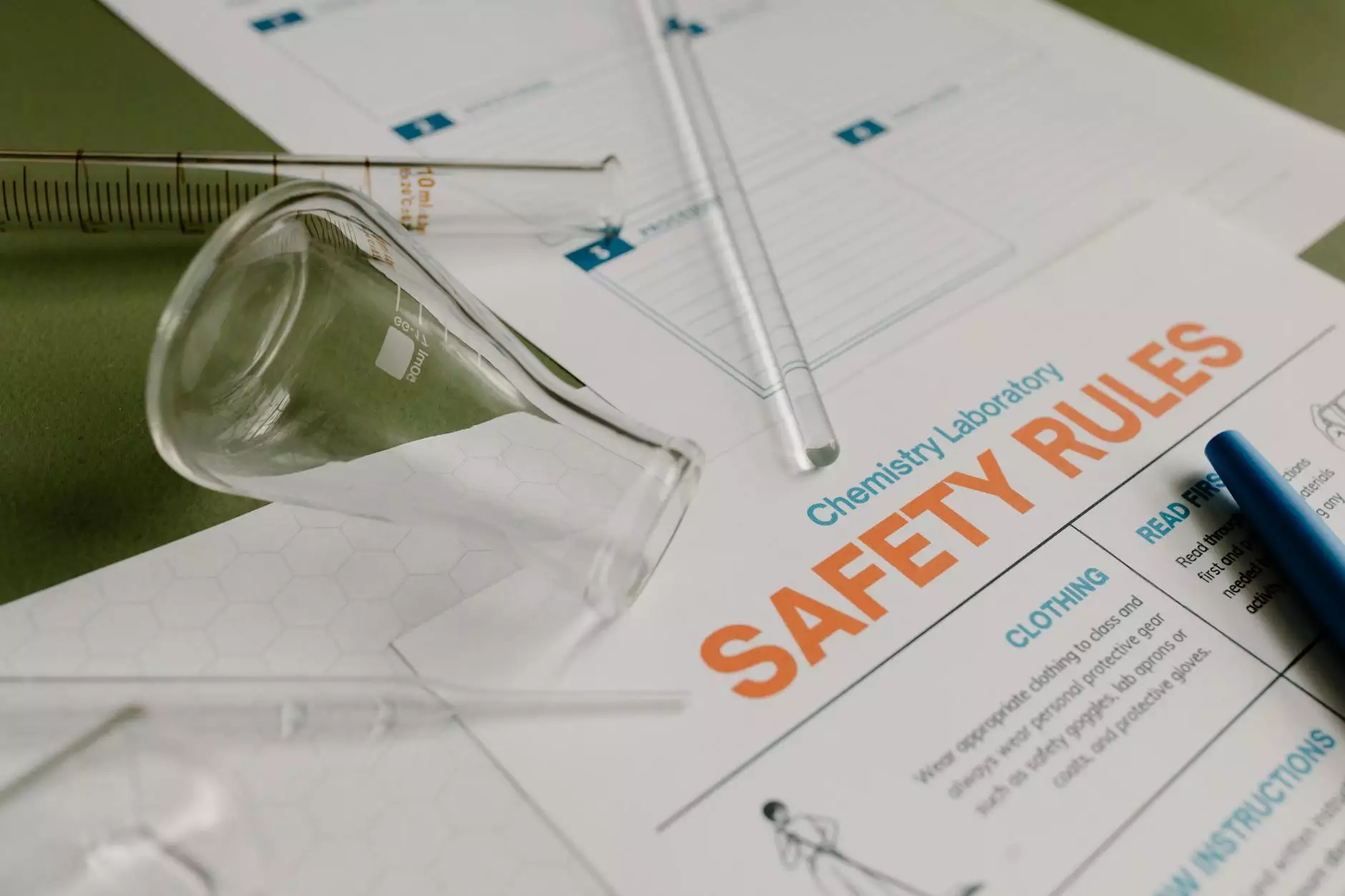The Core Role of the Refrigeration Equipment Factory in Modern Business

In today’s rapidly evolving industrial landscape, refrigeration equipment factories play a critical role in ensuring the efficiency and success of various sectors ranging from food preservation to pharmaceuticals. As businesses grow and consumer expectations shift, understanding the pivotal contributions of these factories becomes increasingly vital. This article delves deep into the significance, operations, innovations, and future of refrigeration equipment factories, and their impact on global commerce.
The Pillars of Refrigeration Equipment Factories
Refrigeration equipment factories are, at their essence, the backbone of the cold chain logistics. They facilitate the creation of machinery that maintains product integrity through temperature control. Several key components underscore their operation:
1. Manufacturing Processes
At the heart of every refrigeration equipment factory lies a sophisticated manufacturing process. This process includes:
- Design and Engineering: Skilled engineers design specialized refrigeration units tailored to specific industry needs, ensuring efficiency and functionality.
- Material Selection: Factories focus on using high-quality materials that can endure extreme temperatures while maintaining insulation.
- Assembly: An effective assembly line ensures the swift and precise construction of refrigeration units.
- Quality Control: Rigorous testing and quality control measures are implemented to ensure all products meet safety and performance standards.
2. Equipment Types and Their Applications
The breadth of equipment produced in a refrigeration equipment factory is vast. Some of the most common types include:
- Commercial Refrigerators: Used in grocery stores, restaurants, and convenience shops for food storage.
- Industrial Refrigeration Systems: Essential for large-scale operations like food processing plants and cold storage facilities.
- Transport Refrigeration: Units designed for trucks and shipping containers to maintain temperature during transport.
- Walk-in Freezers and Coolers: Expansive storage solutions for businesses requiring significant cooling capacity.
Technological Innovations in Refrigeration Equipment Factories
As industries worldwide push towards sustainability, refrigeration equipment factories are embracing advanced technologies to enhance their production and product efficacy. Some recent advancements include:
1. Energy-Efficient Systems
Modern refrigeration solutions are designed with energy efficiency in mind. Innovations such as variable speed compressors and smart thermostats help in reducing energy consumption, leading to lower operational costs and reduced environmental impact.
2. Eco-Friendly Refrigerants
Transitioning from harmful refrigerants to eco-friendly alternatives is a critical trend within refrigeration equipment factories. By utilizing natural refrigerants such as ammonia and carbon dioxide, factories are aligning with global sustainability goals.
3. Smart Technology Integration
Integration of IoT (Internet of Things) technology enhances monitoring and control of refrigeration units. Facilities can achieve real-time tracking of temperature and other critical metrics, ensuring optimal performance while minimizing waste.
The Impact of Refrigeration Equipment Factories on Business
The implications of a robust refrigeration equipment factory extend far beyond mere manufacturing. They are essential for numerous industries:
1. Food and Beverage Industry
In the food sector, efficient refrigeration systems ensure that products remain fresh until they reach consumers. This is crucial for:
- Reducing Food Waste: Effective refrigeration minimizes spoilage, ensuring that more products are consumed rather than wasted.
- Maintaining Quality: Proper temperature control preserves the taste, texture, and nutritional value of food items.
2. Pharmaceuticals
In the pharmaceutical industry, temperature-sensitive medications require extensive refrigeration capabilities to maintain their efficacy. Refrigeration equipment factories provide solutions that:
- Ensure Safety: Controlled environments safeguard medications from degradation.
- Compliance with Regulations: Factories produce systems that meet strict regulatory standards for drug storage.
3. Hospitality Sector
The hospitality industry relies heavily on refrigeration to ensure that perishable items are stored correctly, directly impacting guest experience. Advanced refrigeration solutions help:
- Enhance Food Safety: Maintaining proper storage temperatures prevents foodborne illnesses.
- Improve Efficiency: Streamlined refrigeration processes facilitate better inventory management and food preparation.
Challenges Faced by Refrigeration Equipment Factories
While refrigeration equipment factories play a crucial role in modern industries, they face several challenges that need addressing:
1. Regulatory Compliance
As environmental regulations tighten globally, factories must adapt quickly to comply with new standards, necessitating investment in technology and systems.
2. Market Competition
The market for refrigeration equipment is highly competitive, pushing manufacturers to continually innovate while keeping costs manageable. This requires constant market analysis and consumer feedback integration.
3. Skill Shortages
As technology evolves, factories face a persistent challenge in sourcing skilled labor capable of operating sophisticated machinery and conducting repairs on advanced systems.
The Future of Refrigeration Equipment Factories
As we look ahead, the future of refrigeration equipment factories is promising and filled with potential advancements that can meet evolving market demands:
1. Automation and Robotics
Incorporating automation and robotics in the manufacturing process can enhance efficiency, reduce human error, and streamline production capabilities.
2. Increased Focus on Sustainability
With a growing emphasis on sustainability, factories will likely continue to evolve by adopting more environmentally conscious practices and products.
3. Global Expansion and Collaboration
As globalization continues, refrigeration equipment factories may seek international partnerships to expand their market reach and share innovative technologies.
Conclusion
The refrigeration equipment factory is more than just a manufacturing unit; it is an essential partner in global commerce, instrumental in preserving product quality across various industries. As technology advances and sustainability becomes paramount, these factories will continue to evolve, adapt, and thrive, ultimately shaping the future of multiple sectors. Emphasizing innovation, quality, and efficiency will ensure that refrigeration equipment factories not only meet the current demands but also pave the way for a successful and sustainable industrial future.









